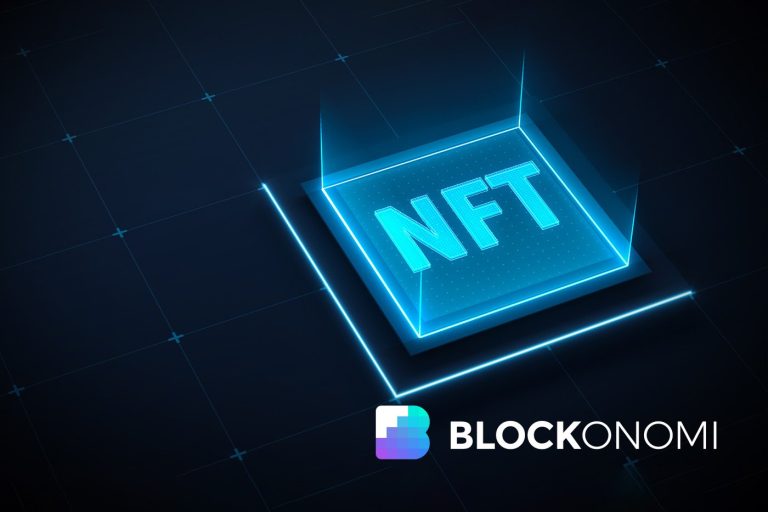
Navigating the Future: Emerging Trends in Fintech Technology
Fintech is a term that has become synonymous with innovation and disruption in the financial sector. Fintech companies are using cutting-edge technologies like blockchain, artificial intelligence, and the Internet of Things (IoT) to create new financial products and services that are faster, cheaper, and more convenient than traditional banking methods.
Section 1: Introduction to Fintech

The term ‘fintech’ was first coined in the 1990s, but it wasn’t until the 2000s that the industry started to gain traction. Today, fintech is a global phenomenon, with startups and established companies alike using technology to revolutionize the way we think about finance. From mobile payments and digital wallets to robo-advisors and cryptocurrency, fintech is changing the face of the financial industry.
Section 2: Emerging Trends in Fintech

So, what are some of the emerging trends in fintech? Here are a few examples:
- Blockchain: Blockchain is a distributed ledger technology that allows for secure, transparent, and tamper-proof transactions. It’s the technology behind cryptocurrencies like Bitcoin and Ethereum, but it has many other uses in fintech, from supply chain management to identity verification.
- Artificial Intelligence (AI): AI is being used in fintech to improve customer service, detect fraud, and optimize investment portfolios. AI-powered chatbots are being used by banks and other financial institutions to provide 24/7 customer support, while machine learning algorithms are being used to analyze vast amounts of data and make predictions about market trends.
- Internet of Things (IoT): The IoT refers to the network of physical devices, vehicles, and other items that are embedded with sensors, software, and connectivity, allowing them to collect and exchange data. In fintech, the IoT is being used to enable contactless payments, track financial transactions, and monitor supply chains.
Section 3: The Future of Fintech

So, what does the future hold for fintech? Here are a few predictions:
- Increased Adoption of Digital Payments: As more and more people around the world gain access to smartphones and the internet, we can expect to see a significant increase in the adoption of digital payments. This will be driven by the convenience, speed, and security of digital payments, as well as the growing awareness of the benefits of fintech.
- More Focus on Financial Inclusion: Fintech has the potential to reach billions of people around the world who are currently excluded from the formal financial system. In the future, we can expect to see more fintech companies focusing on financial inclusion, using technologies like mobile payments and digital wallets to provide access to financial services for underserved populations.
- Greater Emphasis on Security and Regulation: As fintech continues to grow and evolve, we can expect to see a greater emphasis on security and regulation. This will be driven by the need to protect consumers and prevent financial crimes, as well as the need for fintech companies to comply with evolving regulatory requirements.
Section 4: Challenges and Opportunities

While fintech offers many opportunities for innovation and growth, it also presents several challenges. Here are a few examples:
- Regulatory Uncertainty: One of the biggest challenges facing fintech companies is regulatory uncertainty. As fintech is a relatively new industry, there is still a lack of clear regulation and guidance, which can make it difficult for companies to navigate the complex regulatory landscape.
- Cybersecurity Risks: Fintech companies are vulnerable to cybersecurity risks, including hacking, phishing, and other types of cyberattacks. As fintech companies handle sensitive financial information, they must prioritize cybersecurity and invest in robust security measures to protect their customers and their businesses.
- Talent Acquisition and Retention: Fintech companies need to attract and retain top talent in order to stay competitive. This can be a challenge, especially in a market where there is high demand for skilled workers and a limited supply of qualified candidates.
Section 5: Conclusion

In conclusion, fintech is a rapidly evolving industry that is changing the face of finance. From emerging trends like blockchain, AI, and IoT to the future of fintech and the challenges and opportunities it presents, there is much to explore and discover in this exciting and dynamic field. As we navigate the future of fintech, it’s clear that innovation, disruption, and transformation will be key themes, and that the industry will continue to evolve and grow in the years to come.






